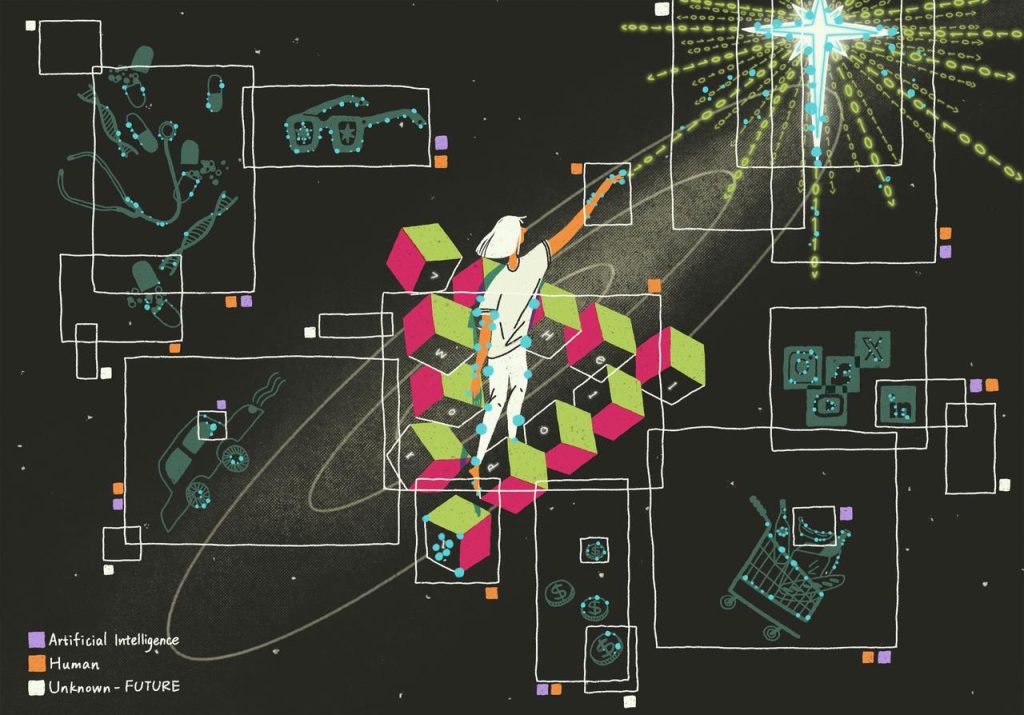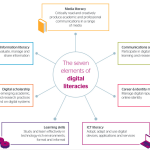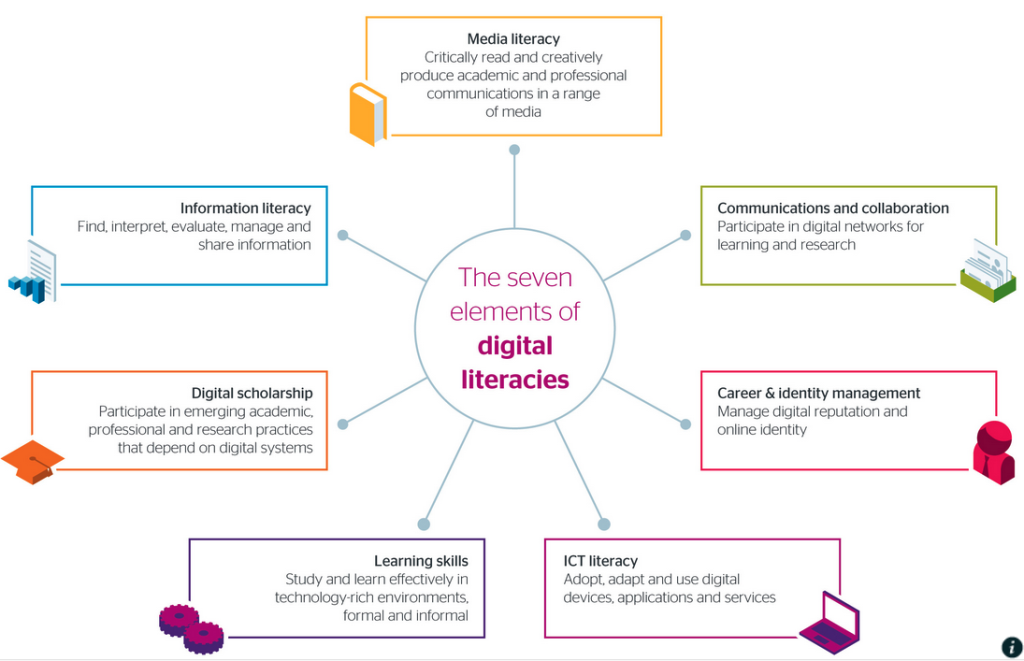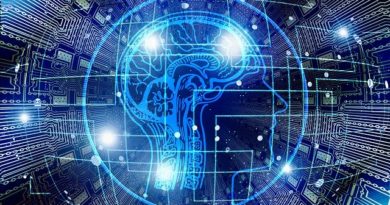How to be a trusted voice online
UNESCO have launched an online course in response to a survey of digital content creators, 73 per cent of whom requested training. According to UNESCO the course aims to empower content creators to address disinformation and hate speech and provide them with a solid grounding in global human rights standards on both Freedom of Expression and Information. The content was produced by media and information literacy experts in close collaboration with leading influencers around the world to directly address the reality of situations experienced by digital content creators.
The course has just started and runs for 4 weeks; over 9 000 people from 160 countries enrolled and are currently taking it. They will learn how to:
- source information using a diverse range of sources,
- assess and verify the quality of information,
- be transparent about the sources which inspire their content,
- identify, debunk and report misinformation, disinformation and hate speech,
- collaborate with journalists and traditional media to amplify fact-based information.
The UNESCO “Behind the screens” survey found that fact-checking is not the norm, and that content creators have difficulty with determining the best criteria for assessing the credibility of information they find online. 42% of respondents said they used “the number of ‘likes’ and ‘shares’ a post had received” on social media as the main indicator. 21% were happy to share content with their audiences if it had been shared with them “by friends they trusted”, and 19% said they relied “on the reputation” of the original author or publisher of content.
UNESCO says that although journalists could be a valuable aid for digital content creators to verify the reliability of their information, links and cooperation are still rare between these two communities. Mainstream news media is only the third most common source (36.9%) for content creators, after their own experience and their own research and interviews.
The survey also revealed that a majority of digital content creators (59%) were either unfamiliar with or had only heard of regulatory frameworks and international standards relating to digital communications. Only slightly more than half of the respondents (56.4%) are aware of training programmes addressed to them. And only 13.9% of those who are aware of these programmes participated in any of them.






